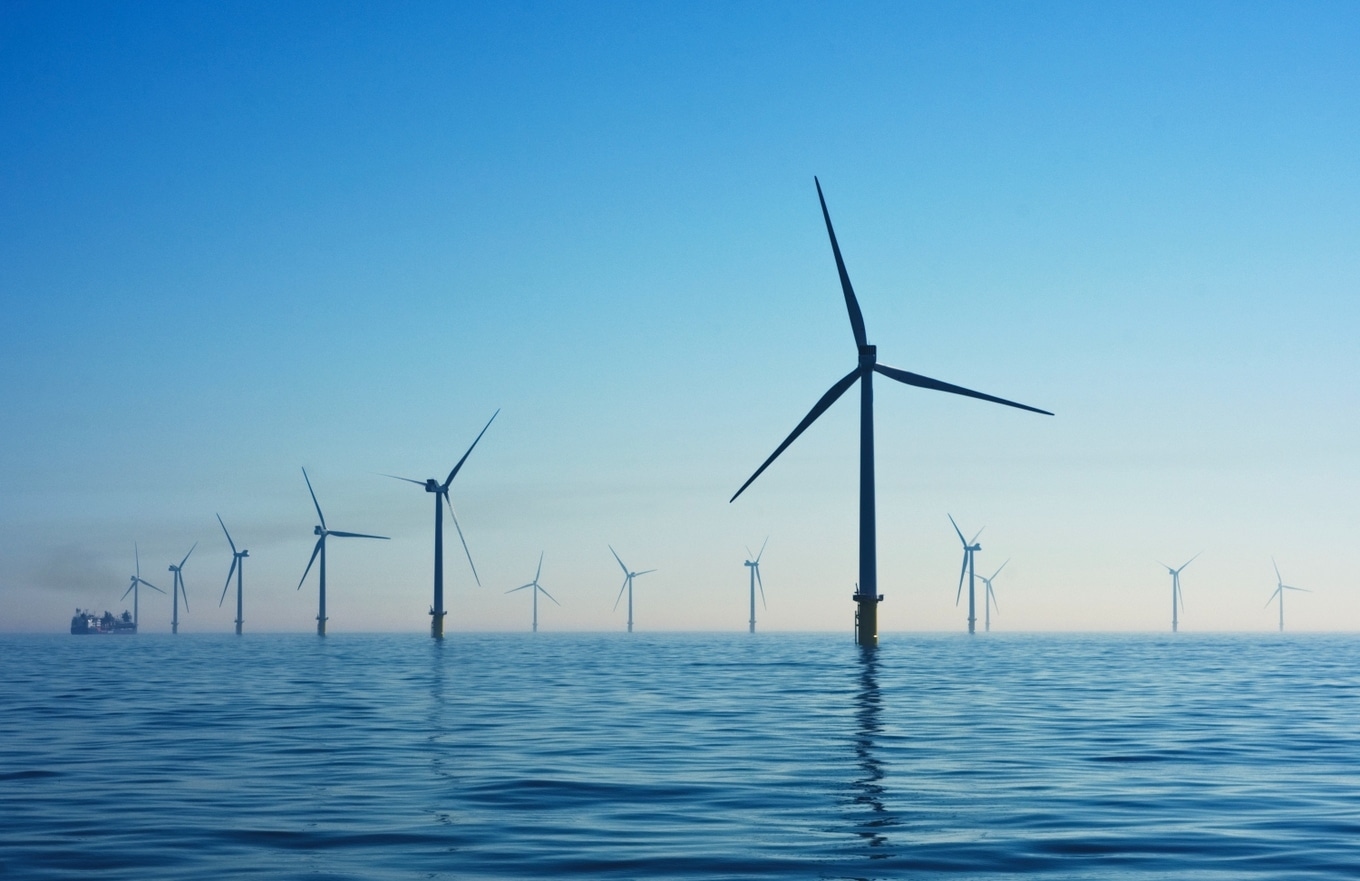“The fossil fuel energy system is the lifeblood of the modern economy,” writes Samantha Gross of the American research group Brookings Institution. “The fossil fuel-powered industrial revolution lifted millions out of poverty and shaped the modern world.” But, as he admits, right now, they’re destroying it too. And just as we jumped from wood and charcoal to coal between the 1700s and 1800s, in the 2020s, it’s time to accelerate our transition to an economy that runs on green energy. If we don’t, the consequences of extreme weather will be dire, climate scientists warn.
Each year, Earth Day (and Earth Week and Earth Month) aims to raise awareness and take action around the world’s most pressing environmental issues. And this year, the theme is “Investing in our planet.” Essentially, it is calling on businesses, investors and financial markets to go green. But as consumers, we can make significant investments in the future of the environment without reaching into our pockets. Spoiler alert: Diet changes are one of them.
Here’s more about this year’s Earth Day theme, and why supporting a green economy in a variety of ways is fundamental to the planet’s future.
What is Earth Month?
Every year since 1970, Earth Day is celebrated on April 22. It presents an opportunity for workers, communities and businesses to come together and advocate for environmental protection. Although the official organization is called Earth Day, the entire month of April is often called Earth Month. Earth Week is usually held in the seven days leading up to Earth Day.
 Unsplash
Unsplash
What does ‘investing in our planet’ mean?
In October 2022, it was announced that the theme of this year’s Earth Day would be “Investing in our planet.” The press release read: “Investing in a green economy is the only path to a healthy, prosperous and equitable future.”
“We must collectively push away from dirty fossil fuel economies and century-old technologies,” it continued. “And redirect attention to building a 21st century economy that restores the health of our planet, protects our species and provides opportunity for all.”
The United Nations notes that employment and income growth in a green economy will come from public and private activities and investments in infrastructure that actually benefit the environment, not deplete it. Governments can, and should, support this by investing in resource efficiency and sustainable transport options, for example, but also, of course, clean energy projects. But right now, it’s not happening everywhere.
In 2023, a significant new oil project called the Willow Project—which would involve a company called ConocoPhillips drilling for oil off the coast of Alaska—was greenlit by President Joe Biden. Despite this, according to the Environmental Working Group, over the next 30 years, the project could add 250 million metric tons of carbon emissions to the atmosphere.
That’s why many Earth Day events this year target new fossil fuel infrastructure. In Boston, for example, Abolition Rebellion has organized a rally against the Willow Project called In Love and Rage, which will march from Boston City Hall to the State House.
 Unsplash
Unsplash
Another way to invest in the environment? behavior change
When it comes to climate crisis action, the biggest changes will always come from governments, corporations and financial giants. But we are not powerless as individuals.
Investing in the green economy at the individual level can look like joining protests (like In Love and Rage), voting in local elections for government change, volunteering with environmental nonprofits, and signing petitions. And small behavior changes are important too.
The Earth Day organization invites people to “take action” by changing some of their daily habits that may inadvertently harm the environment. For example, reducing fast fashion purchases could be impactful, as the apparel industry currently accounts for 4 percent of all emissions If nothing changes, by 2050, this could increase to 26 percent.
And another key step the organization recommends is to “make your next meal plant-based.” When it comes to the climate crisis, fossil fuels are not alone in increasing emissions. In fact, according to Earth Day, the way we produce food accounts for more than a quarter of greenhouse gas emissions.
But cutting out meat and switching to a plant-based diet can make a big difference. And there is plenty of research to back this up. In 2018, for example, the largest food production study ever conducted at the University of Oxford revealed that going vegan is the “single-biggest” way a person can reduce their impact on the planet. “What we eat is pushing the planet to the breaking point of climate change,” notes Earth Day
So this April, invest in the planet by supporting calls for legislative change (you can find more information on events around the world on the Earth Day website), but also by changing the type of food you buy next time you go to the grocery store, as Earth Day says, “Let’s We fight climate change with food change.”

.jpg?sha=48f551c2cc6908ac)
